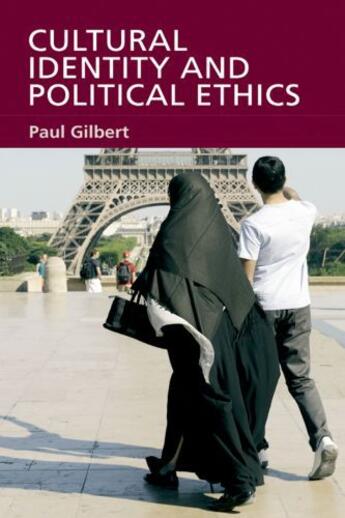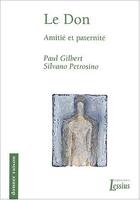-
Nombre de pages : (-)
-
Collection :
(-)
-
Genre :
(-)
-
Thème :
Non attribué
-
Prix littéraire(s) :
(-)
Résumé:
Today people's cultural identities are increasingly invoked in support of political claims, and these claims commonly lead to acrimony and violence. But what is 'cultural identity', and what is its political significance? This book offers a provocatively sceptical answer to these questions.... Voir plus
Today people's cultural identities are increasingly invoked in support of political claims, and these claims commonly lead to acrimony and violence. But what is 'cultural identity', and what is its political significance? This book offers a provocatively sceptical answer to these questions. Tracing the idea back to the now largely discredited notion of national character, it argues that cultural identity is no deep going feature of individual psychology. Nor is it any uniform phenomenon. Rather, various types of so-called cultural identity emerge in response to the different circumstances people face. Such identities are marked by merely surface features of behaviour and these have a principally aesthetic appeal. In consequence, it is argued, cultural identities lack the ethical significance claimed for them and their invocation is in many ways politically pernicious. The book engages not only with thinkers in the analytic tradition like Isaiah Berlin, Charles Taylor and Will Kymlicka, but with Continental writers like Sartre and Kristeva.
Donner votre avis















